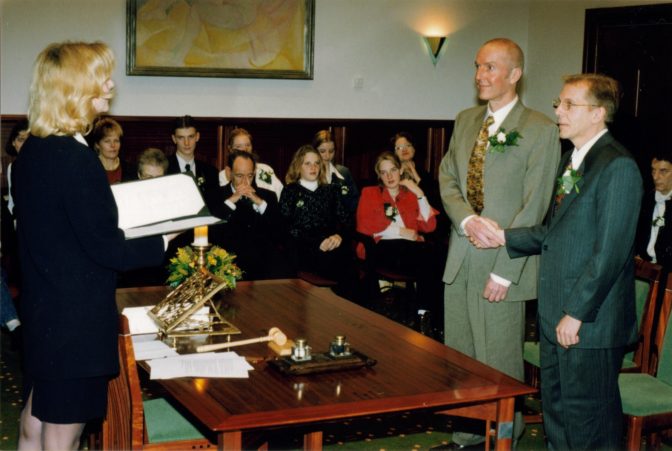I recently took Dr. Sophie’s Pharos Course Critical Thinking Approaches for Genealogy. One of the things that she encouraged us to do is identify our biases, so we can find ways to address those and minimize the impact on our research.
That led me to thinking about the cultural biases I may have as a Dutch researcher. I grew up with the idea that the Netherlands is a tolerant country. We were the first country in the world to legally allow same-sex marriages, for example. In school, we are taught how our freedom of religion has attracted immigrants for centuries, including Jews fleeing persecution in Portugal and Spain, and Huguenots fleeing France.
The more I do research, the more I realize that does not mean the Dutch were (or even are) tolerant. We had a major role in the Transatlantic slave trade, for one, and until 1795, people who did not belong to the Dutch Reformed Church were banned from holding public office. I recently read a harrowing account of a boy who was killed by the Dutch colonial official who held him in bondage. I have had to adjust my ideas of how much freedom people actually had, and how tolerantly they were treated.
I think the best way to combat cultural biases is realizing we are the product of our environment so we probably have biases, and then read widely, particularly material written by people with different viewpoints.

One of the first same-sex marriages in the Netherlands, 2011. Credits: Jeffpw, Wikimedia Commons (CC-BY)

